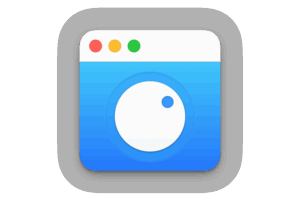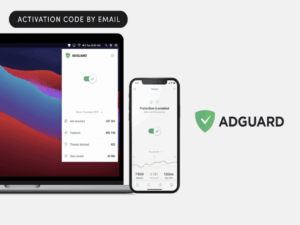Apple’s next-gen HomePod could change everything we know about Siri

At this year’s Worldwide Developers Conference, Apple gave a little bit of time to its major platforms: iOS, iPadOS, macOS, watchOS—even tvOS got some love. But one device was conspicuously absent: the HomePod.
Given that Apple spent a lot of time during its keynote talking about the future of Siri, one might be mistaken for thinking that the HomePod, with its reliance on Siri, would be at the center of such a strategy. But instead, it’s looking increasingly like Apple’s smart speakers will be left on the periphery as those developments roll out, or at the very least will be forced to find a workaround to stay relevant.
Yet, it seems like there might be something else brewing in the HomePod arena, something that moves the category forward instead of merely consigning it to an also-ran position. Something to keep your eyes on.
Display’s the thing
Rumors of a HomePod with a screen have been floating around for several years now, but they’ve certainly begun to pick up in the past few weeks. Bloomberg’s Mark Gurman has reported in time that Apple has been developing a table-top “robot” with a screen that might be the first HomePod to support Apple Intelligence features; MacRumors uncovered device identifiers for a new home accessory; and 9to5Mac has found a touchscreen interface embedded in tvOS. If there’s fire where there’s smoke, then this is a great place to make some s’mores.
Apple, of course, wouldn’t be the first company to go down the road of adding a screen to its smart speakers: Both Amazon and Google have long-produced versions of their Echo and Home devices that include a display. That can be useful for everything from showing ambient information, like the weather forecast, upcoming events, or currently running timers; to allowing for video playback for recipes or news; to acting as a digital picture frame.
All of those features add a new dimension of utility to something like the HomePod, for times when voice control might not be the ideal way to interact with such a device or have it respond with useful information. And, more to the point, it’s a place where Apple finds itself extremely well positioned, thanks to its experience with successfully developing these kinds of interfaces across a slew of devices.
Reach out and touch something
Perhaps the biggest challenge for Apple in this category is that it almost has too many examples to draw on: iPadOS, tvOS—and even iOS’s StandBy feature all provide useful templates upon which to base such an interface. While this putative device has been described in the past as “a HomePod with an iPad attached to it,” it seems as though the full capabilities of the iPad might be more than such a product would require.
Given the recent revelation of the touchscreen interface within tvOS, it seems most likely that Apple’s set-top box OS would provide the foundation for this product. That makes a lot of sense since a HomePod is generally a device that one interacts with from feet away, rather than inches. You want text and interface elements that are discernible at a distance instead of those designed to be used at arm’s length.
tvOS will likely be at the heart of a HomePOd with a screen.
Apple
That said, there are still likely to be some cases in which you will want to directly control said device. Will it be as simple as adding a touch layer to a tvOS interface? Probably not, though it certainly feels like a solid place to start. In the end, it would probably end up as a new platform itself…which probably explains the long-running reports of an Apple project called homeOS.
Intelligence report
The real question: Does having a screen ultimately take some of the pressure off a HomePod from supporting the latest and greatest Siri? No, and the good news is that reports also suggest that this device would be powered by an A18 chip, the same expected to be featured in this year’s iPhone. Given that, it’s not out of the question that it would have the requisite amount of RAM too.
With a screen, top-of-the-line processor, and more memory, this product would likely be at the high end of the HomePod product line: if I had to guess, around $599. (Not only is that closer to the price of an iPad and full-size HomePod combined, but it fits a formula my colleague Jason Snell came up with: figure out what would feel a little high, but you’d pay it–then add $50 or $100.) Not cheap, certainly, but hardly Vision Pro territory–such a device would be reasonably positioned as a premium companion to the existing standard HomePod and the affordable HomePod mini, with plenty more features. Call it the HomePod Pro, I guess.
When such a device might be announced, much less released, is obviously still anybody’s guess, but with the updated Siri experience likely arriving next year, there is a certain degree of sense to launching a Siri-focused premium device hand-in-hand–or in reasonable proximity–to the voice assistant’s biggest revamp ever. It’s certainly a confident bet in this improved platform, and who doesn’t want to see Apple put its money where Siri’s mouth is?
HomePod, Voice Assistants




